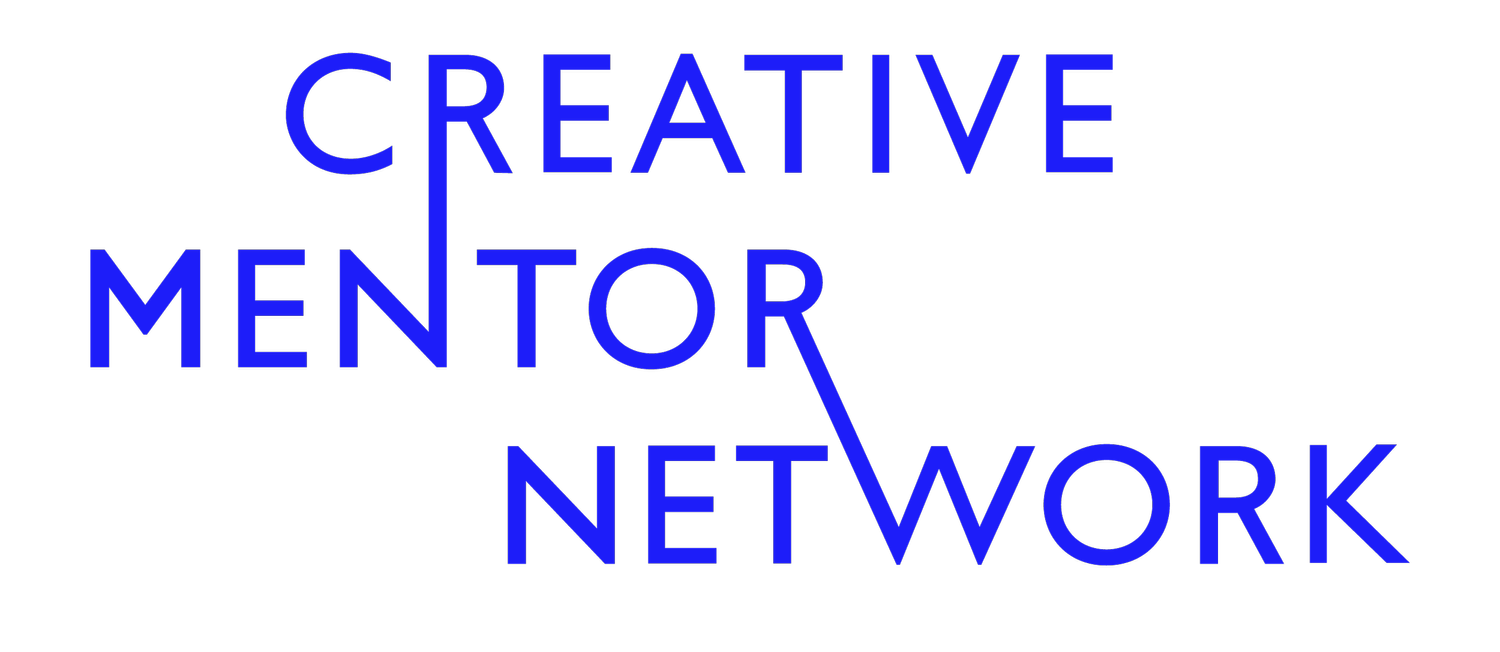My mentoring story
I first moved to London in September 2002 with big ideas of working in film. I landed in from Ireland in my mid 20’s, rented a bedroom in North London and began walking the cobbled streets of Soho knocking on doors and handing out CVs. However, a few months in the money ran out and I flew back home to Ireland with my head between the legs. When I reflect back on that time, I realise that I never really had a chance; I knew nobody in London who worked in the industry. Film shoots were happening all over the city but I had no way in, no way to ‘break the wall’. It takes more than knocking on doors and handing over a CV to do that. This is where mentoring can change things dramatically.
I believe that the model of mentoring presents a win-win scenario for all. For a mentor, if they unlock all that comes with the position, they can have a dramatic impact on their mentee’s career. This includes opening up to their mentee and supporting them with opportunities, connections and sharing their knowledge (that comes hand-in-hand with their experience), all of which will drive positive outcomes. For the mentee, they get access to someone in the industry, someone to coach them with their goals, teach them about the industry and break down the wall through expanding their network. Ultimately, by opening its doors, the industry wins by removing barriers to those who, like myself, aren’t able to do it alone when starting out.
Amazon have paired with the Creative Mentor Network for a couple of years now and this year was my first time being a mentor on the programme. When I first met with my mentee, we sat down at Amazon HQ in Shoreditch to get to know each other and work out what they would most want to get out of their time on the programme. We set some goals and talked about how we could achieve them. After agreeing to meet at least once every two-weeks, we began a fulfilling and engaging 16-weeks of working together.
My mentee set a number of goals; to build confidence in public speaking, to learn more about the industry and to meet folks working in it. Having these goals meant we had a focus whenever we met and a way to hold ourselves accountable.
As a mentor I quickly realised how so many things I take for granted (knowing how the industry works, who does what, speaking in public) are actually a huge deal to someone starting out in the industry. As a mentor you are forming your mentees vision of the kind of industry you work in (and they will too). The training that Creative Mentor Network provides for its mentees and mentors also really helped to set the stage for this experience.
To anyone who doesn’t have a mentor I would say make it your number one priority on National Mentoring Day to find one, become one, or both! I’m in my early 40’s and have a mentor whom I value greatly, someone who also works at Amazon but on a completely different team. This I find is the most optimal scenario for mentoring as a mentor isn’t there to solve your problems, they are there to listen, advise and give perspective. Having a mentor gives me a fresh perspective where I may have otherwise being unsure of how to proceed and I hope I do the same for my mentee.
Fionn Greger is the Head of Production & Post at Amazon in London. He is the co-host of the Production Podcast where he chats with producers and directors on how they got their start in the industry (available on all podcast platforms). He is also the author of the book ‘Things I Learned on TikTok’, a selection of life hacks learned on the social network (available on Amazon and other online book sellers).
